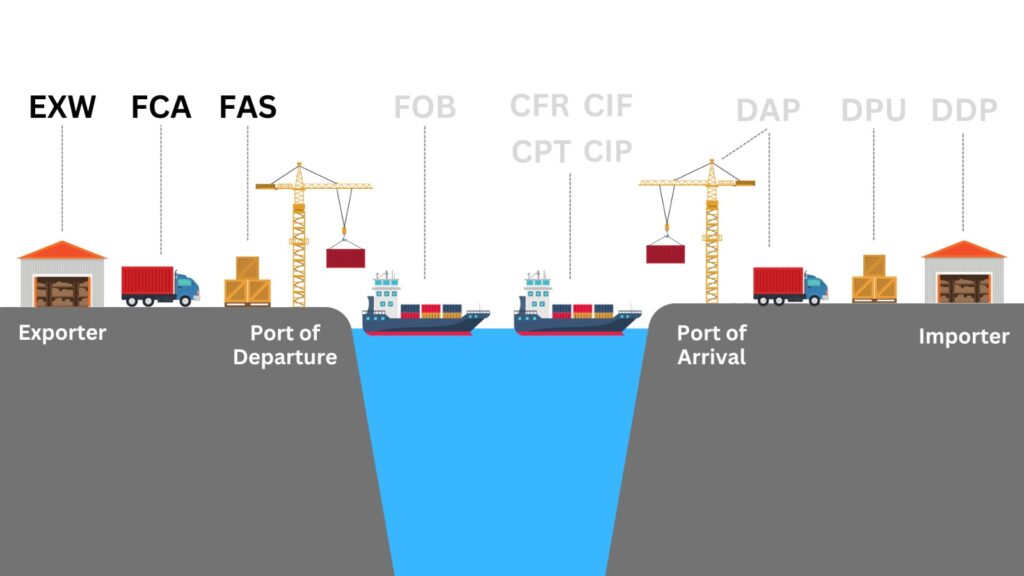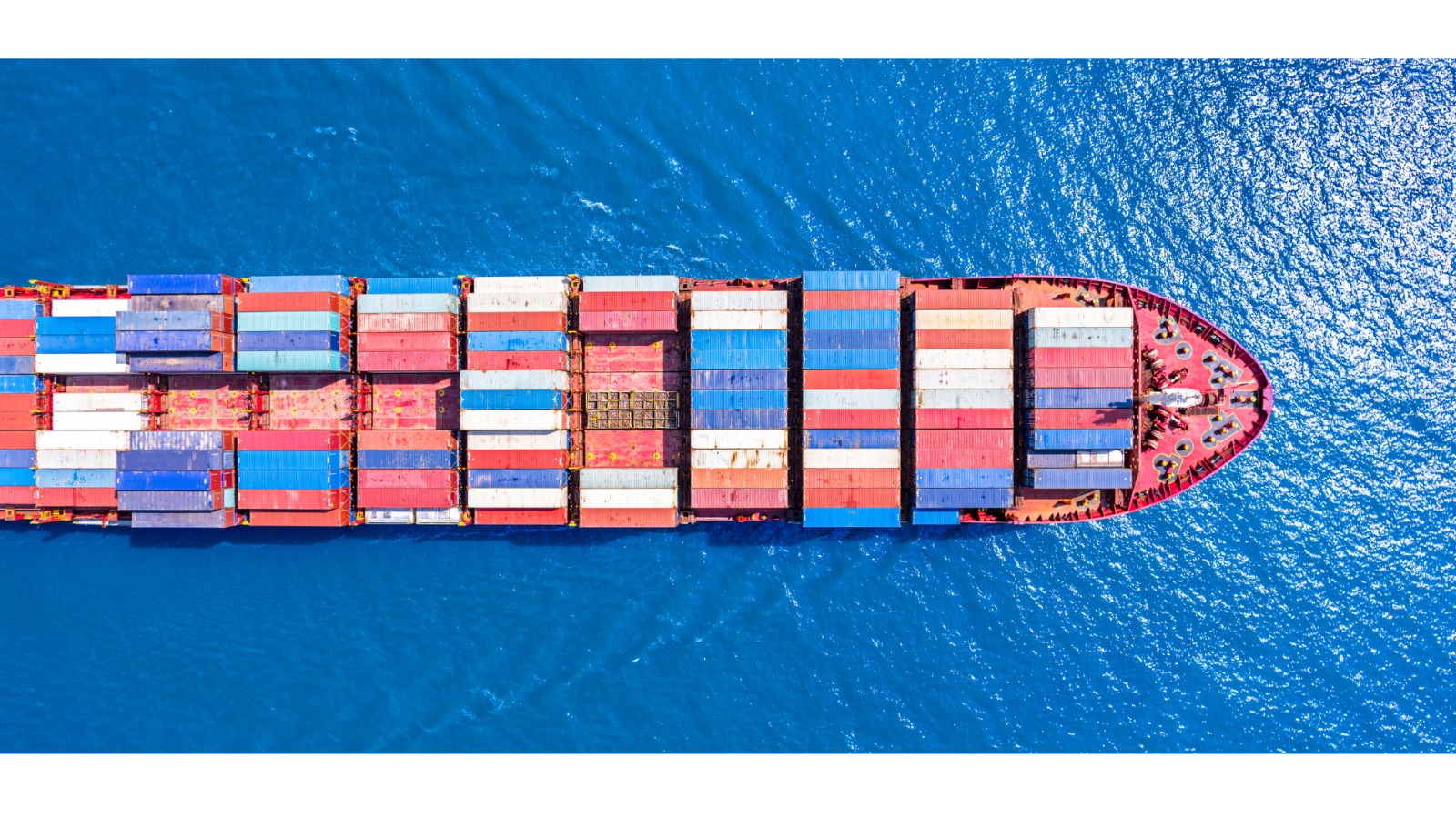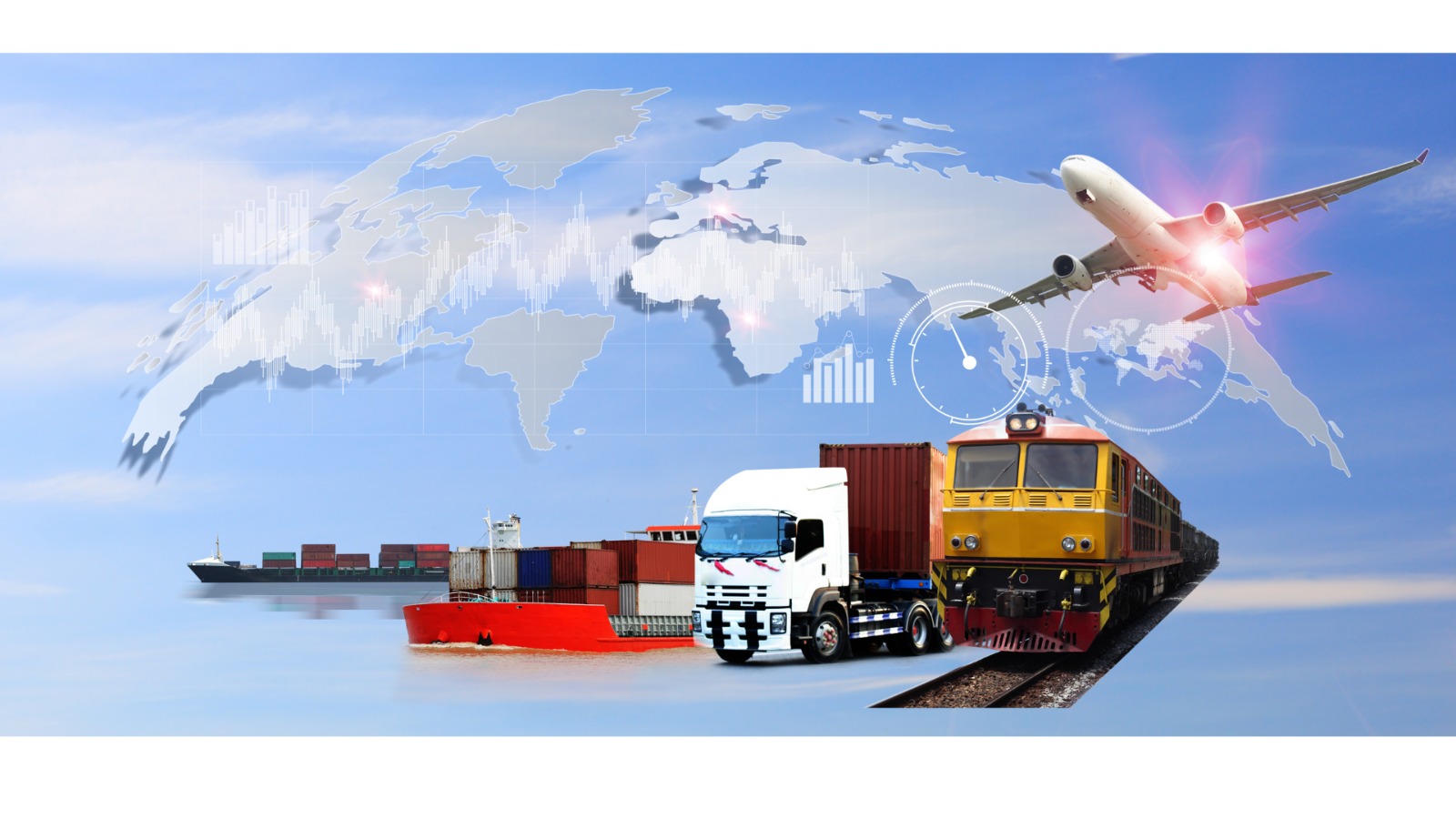Incoterms (International Commercial Terms) are a set of globally recognized trade terms established by the International Chamber of Commerce (ICC) first published in 1936, updated and reissued in 2020. They define the responsibilities of buyers and sellers involved in the delivery of goods under sales contracts. Incoterms outline who is responsible for various aspects of international trade, such as shipping, insurance, import/export duties, and transportation costs. These terms are essential for avoiding misunderstandings and disputes in cross-border transactions.

This is the first in a 3-part series of articles that will explain in detail what each term means, what part of the trade transaction it impacts and the relative responsibilities of buyers and sellers. In this piece we will define some specific terms that have special meaning in the Incoterms along with the first 3 incoterms under the Incoterm 2020 Rules For Any Mode of Transport – EXW, FCA and FAS.
Important Incoterm Definitions
| Delivery | The point in the transaction where the risk of loss or damage to the goods is transferred from the seller to the buyer. |
| Arrival | The point named in the Incoterm to which carriage has been paid. |
| Free | Seller has an obligation to deliver the goods to a named place for transfer to a carrier. |
| Carrier | Any person who, in a contract of carriage, undertakes to perform or to procure the performance of transport by rail, road, air, sea, inland waterway or by a combination of such modes. |
| Freight Forwarder | A firm that makes or assists in the making of shipping arrangements. |
| Terminal | Any place, whether covered or not, such as a dock, warehouse, container yard or road, rail or air cargo terminal. |
| To clear for export | To file a Shipper’s Export Declaration and get the export permit. |
Incoterm 2020 Rules for Any Mode of Transport

1. EXW – Ex Works (named place of delivery)
The seller makes the goods available at their premises, or at another named place. This term places the maximum obligation on the buyer and minimum obligations on the seller. The Ex Works term is often used while making an initial quotation for the sale of goods without any costs included.
EXW means that a buyer incurs the risks of bringing the goods to their final destination. Either the seller does not load the goods on collecting vehicles and does not clear them for export, or if the seller does load the goods, they do so at buyer’s risk and cost.
If the parties agree that the seller should be responsible for the loading of the goods on departure and to bear the risk and all costs of such loading, this must be made clear by adding explicit wording to this effect in the contract of sale.
2. FCA – Free Carrier (named place of delivery)
The seller delivers the goods, cleared for export, at a named place (possibly including the seller’s own premises). The goods can be delivered to a carrier nominated by the buyer, or to another party nominated by the buyer.
In many respects this Incoterm has replaced FOB in modern usage, although the critical point at which the risk passes moves from loading aboard the vessel to the named place. The chosen place of delivery affects the obligations of loading and unloading the goods at that place.
If delivery occurs at the seller’s premises, or at any other location that is under the seller’s control, the seller is responsible for loading the goods onto the buyer’s carrier. However, if delivery occurs at any other place, the seller is deemed to have delivered the goods once their transport has arrived at the named place; the buyer is responsible for both unloading the goods and loading them onto their own carrier.
The parties are well advised to specify as explicitly as possible the point within the named place of delivery, as the risk passes to the buyer at that point.
3. FAS – Free Alongside Ship (named port of shipment)
The seller delivers when the goods are placed alongside the buyer’s vessel (e.g. on a quay or a barge) at the named port of shipment. This means that the buyer has to bear all costs and risks of loss of or damage to the goods from that moment. The FAS term requires the seller to clear the goods for export, which is a reversal from previous Incoterms versions that required the buyer to arrange for export clearance. However, if the parties wish the buyer to clear the goods for export, this should be made clear by adding explicit wording to this effect in the contract of sale. This term should be used only for non-containerized sea freight and inland waterway transport.
The risk of loss of or damage to the goods passes when the products are alongside the ship. The buyer bears all costs from that moment onwards.
iTradeDigital is simplifying international trade for businesses of all sizes, everywhere – by digitising and automating the flow of the documentation required for cross-border trade. Contact us to learn more about how we can help you simplify international trade and open up new revenue opportunities for your business or simply register online to get started.
– ##### –
Authors:
John Dunlop is a trade finance expert with over thirty years of experience in managing letter of credit and collection transactions from purchase order to final payment. Previously CEO of InterNetLC.com and is currently a Team Leader at iTradeDigital IOM Ltd.
Tony Kavanagh is a technology executive with over 25 years of experience in building brands and driving demand for companies of all sizes, globally. Skilled in GTM strategy, product marketing, PR/AR and CRM success, Tony has held senior positions at KPMG, Oracle, Salesforce, DataStax, Insightly, & XOJET. He is currently CMO at iTradeDigital IOM Ltd.
– ##### –







